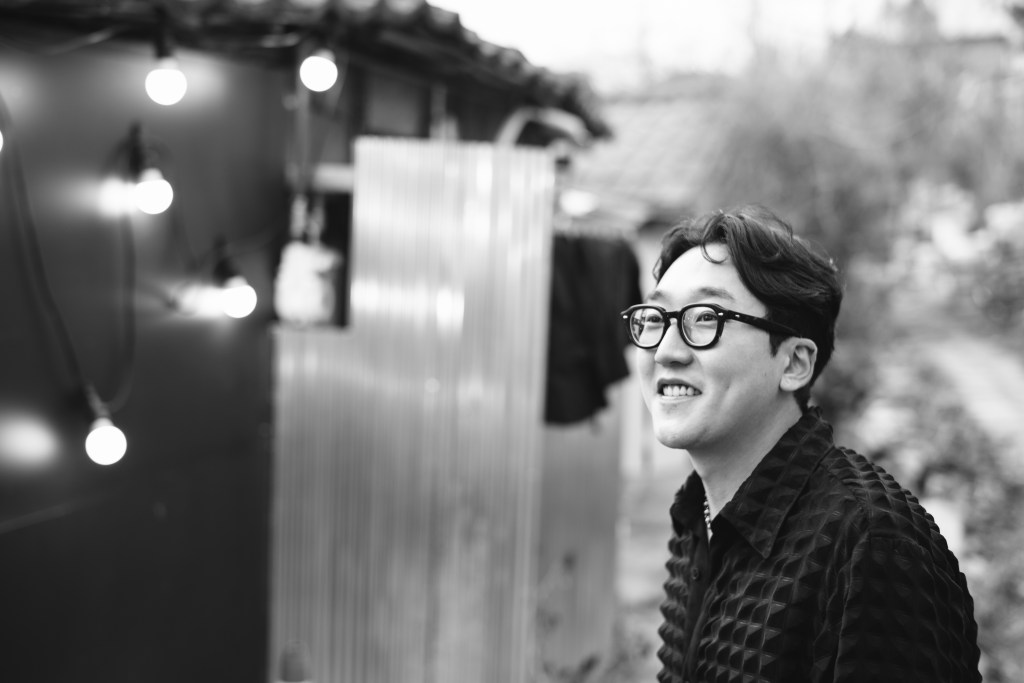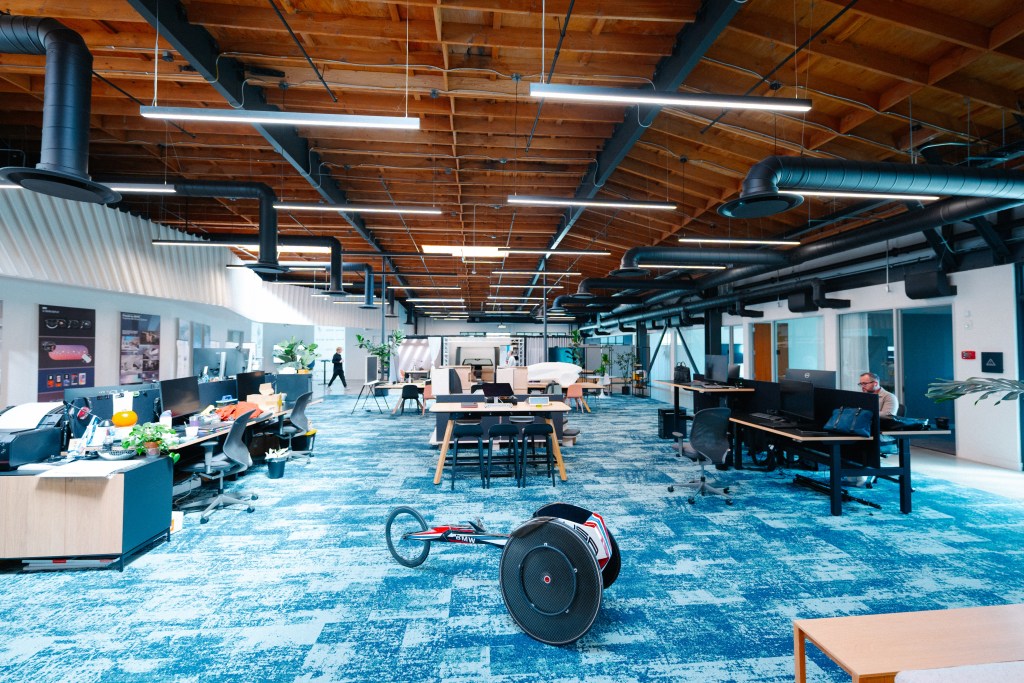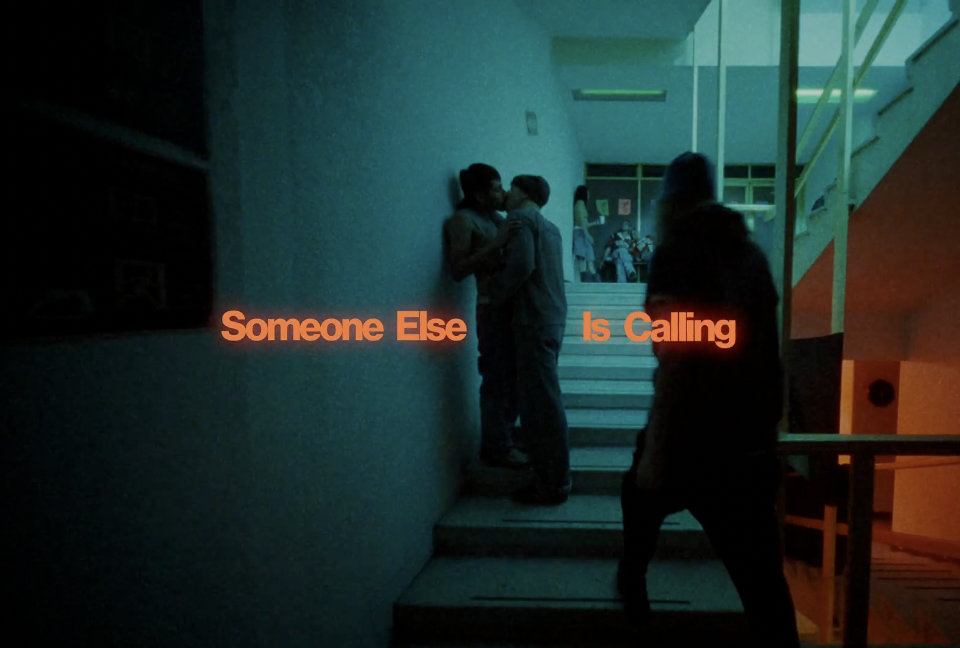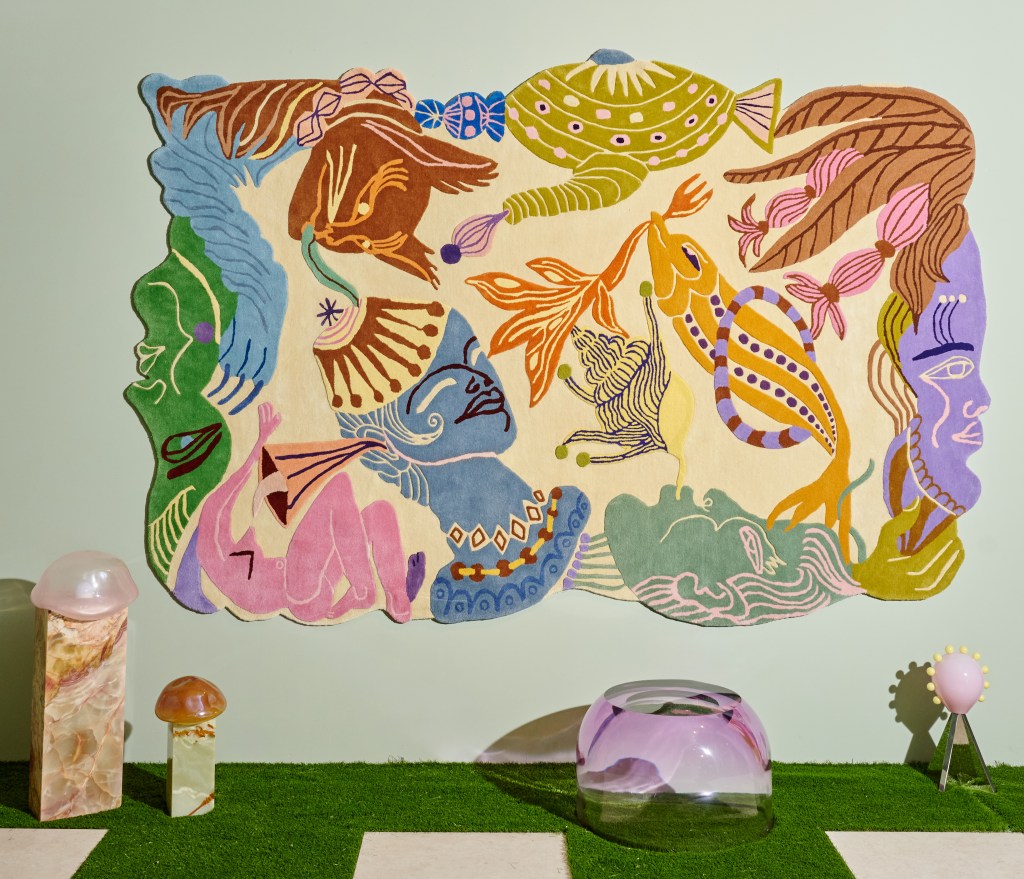Interview: Ben Harvey
We team up with Braun to talk to DJ Ben Harvey about his favorite Built to Perform possession

Sponsored content:
In a high performance world, Braun creates innovative designs built to last seven years. For the Built to Perform series Braun profiles 15 guys in an intimate look at their life passions and the unique objects of design and durability that power their life.
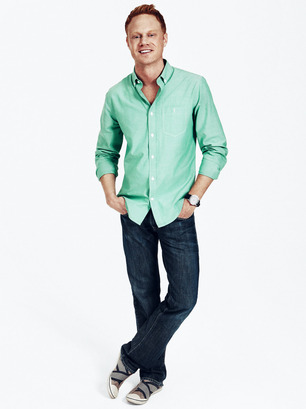
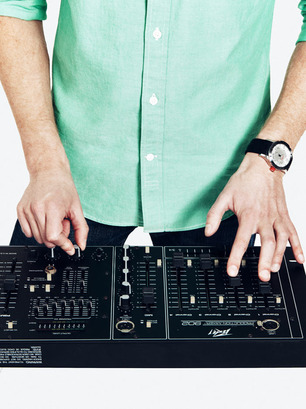
Masterminding a pirate radio station by the time he was a teen, Ben Harvey paved his way as a savant of the airwaves, launching a career in radio that has spanned nearly 15 years. Landing a coveted position at K-Rock, home to shock jock Howard Stern, proved to be a crash course in showmanship and self-discovery. He later moved to here!, where he was awarded the Excellence in Online Journalism Award for his role as host. Harvey was then introduced to network cohort and stand-up comedian Dave Rubin. Combining their knack for celebrity and pop culture banter, Harvey and Rubin created “The Six Pack,” an interactive talk show on SiriusXM Radio featuring “news, views and dudes.” The Six Pack has since garnered a following and ranks as one of the top comedy podcasts on iTunes. A DJ at heart, Harvey continues to tear it up as the host of BPM, SiriusXM’s electronic dance music channel, and as a host at hit radio station WXRK 92.3 FM.
Harvey sat down with us to talk about his start in the radio industry and explained why his most prized possession, a Peavey mixer, has been like a friend to the end.
You first started your career in radio as an intern for WBRU/Providence while you were at Brown University. How did you first get into radio?
I became obsessed with radio around age 12 when I bought a transmitter kit and built a pirate radio station in my attic. It was called WBEN, and the signal could be heard a full block or two away! Despite low ratings (it was a struggle even to get my parents to tune in) WBEN became an early training ground for me in the radio industry. By the time I became a DJ at WBRU during my freshman year, being on air felt completely natural. Out of college I got hired by Y100/Philadelphia, a station I grew up listening to. I started on-air on the weekends and then was promoted to the weekday evening show. Two years later, K-Rock called me and I moved up to NYC.
You began your career as a radio show host on Howard Stern’s flagship station, K-Rock. What did you learn working alongside Stern?
Working for K-Rock was a totally surreal, dramatic and exciting time in my life. K-Rock is such a legendary brand and had an incredibly following. Howard taught me to make my corner of K-Rock a safe space for the rejects of the world. I had amazing callers. Every night, I talked to a mix of alcoholics, slacker skater kids, Rikers Island inmates and potheads. The music was almost secondary for me. It was the interactions with my regular cast of characters that kept me (and the audience) going.
What was it like to go from shock jock radio to the LGBT here! TV network?
When I started working for K-Rock, with such a testosterone-driven male audience, at first I thought maybe I should keep my sexuality quiet but I soon realized Howard was about embracing differences. Moving on to here! allowed me to express more of that side of me, but it wasn’t as if I transitioned to a completely different person on air. Now, I work for BPM, the electronic dance music channel on SiriusXM, which is almost equal parts EDM-loving straight dudes and gay guys. It’s a nice balance!
What was one of your best moments as a DJ?
Moby was the first person I ever interviewed, which happened while I was at WBRU. I have always been a huge fan of his so I was incredibly nervous, but he made things really easy. I later interviewed him at Y100 and then a third time at K-Rock. He told me on air how far I had come as an interviewer. It’s nice to be acknowledged for the progress you’ve made in your career, and was especially nice coming from Moby!
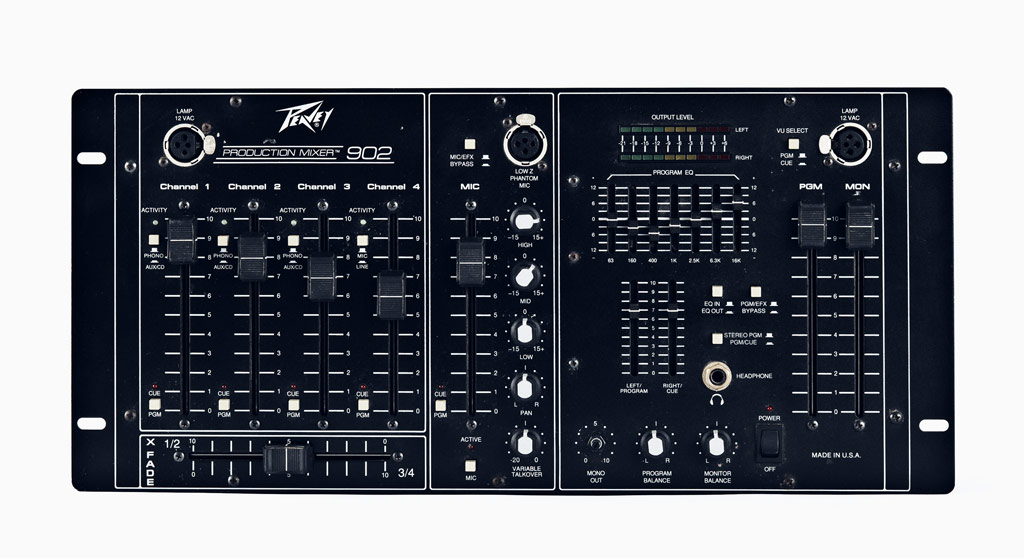
Your Built to Perform possession is an old-school sound mixer. Where were you when you first bought it and how long have you had it for?
It’s a Peavey four-channel mixer with a crossfade and one mic input. I bought it around 1990 with my allowance from Guitar Center, I think. I hooked up a microphone, two CD players and two cassette decks to it. I still have some of the tapes of my shows from back then, like the “WBEN Top 100 of 1991.” My voice sounded pre-pubescent, and I talked like an over-the-top announcer.
What is the best feature of the mixer?
The fact that it has endured for 20 years. There’s one knob missing, but other than that it still works. I could take it out to a DJ gig and hook it up to turntables or Serato and it would function fine.
In one sentence, tell us why you couldn’t live without your Built to Perform Possession.
Honestly, this mixer kept me company as a kid and helped me find my voice.
Images by James Ryang



